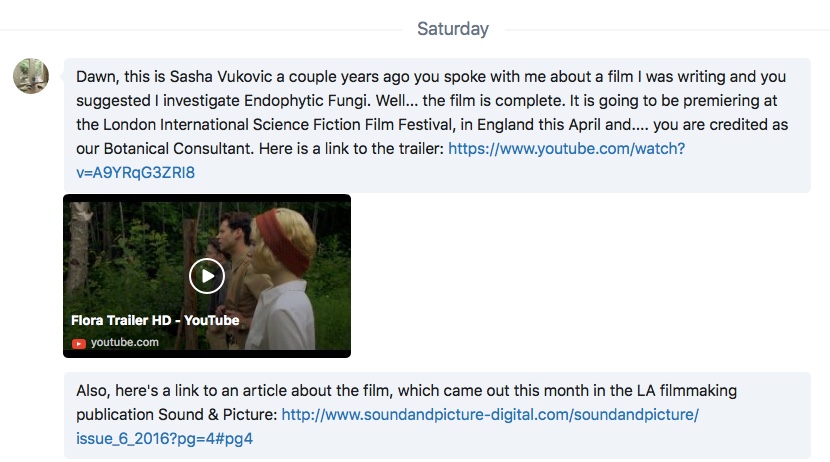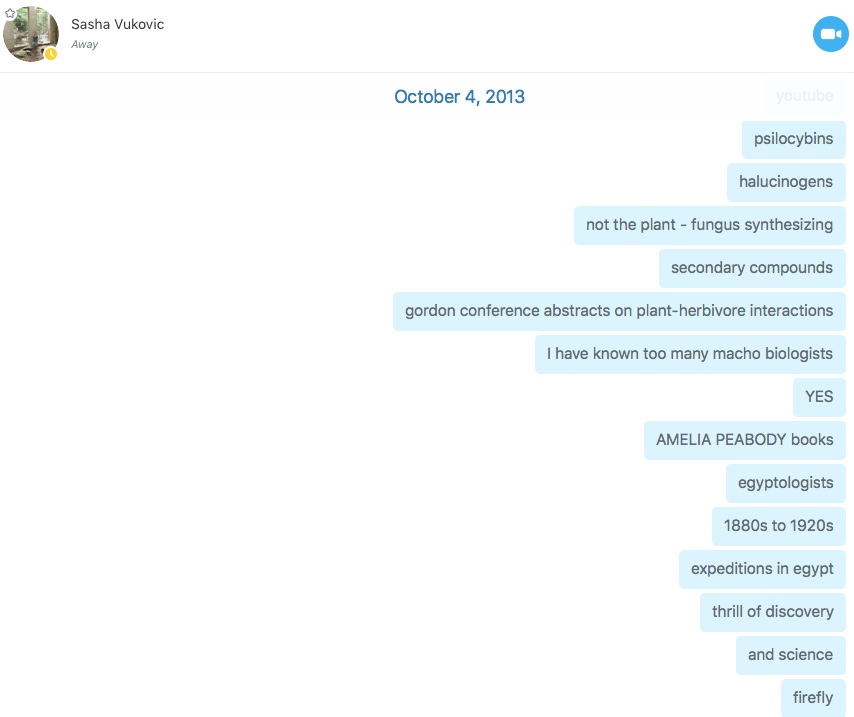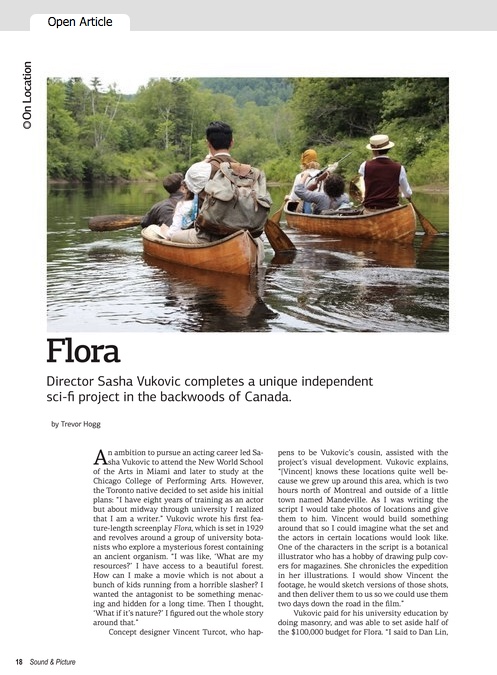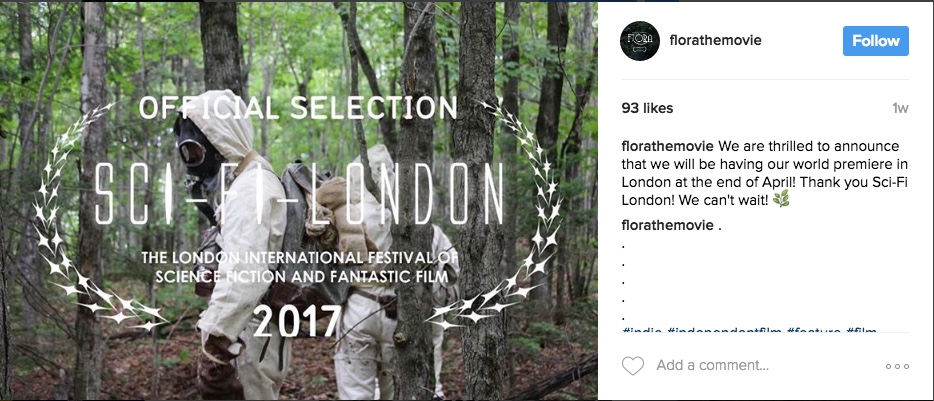 These days, science communication, and public science are all the rage. But, in 1990, when I joined York University's Biology Department as an assistant professor, the notion, that taxpayer-funded professors should spend their valuable time away from research and teaching, chatting with people from outside of academia, was most definitely a minority opinion.
These days, science communication, and public science are all the rage. But, in 1990, when I joined York University's Biology Department as an assistant professor, the notion, that taxpayer-funded professors should spend their valuable time away from research and teaching, chatting with people from outside of academia, was most definitely a minority opinion.
In contrast to most of my fellow academics at that time, I have always believed, since I was a teen, that publicly-funded science and higher education should be accessible to everyone.
I am well aware of how inaccessible and monolithic universities can seem, because my generation is the first in my family to attend higher education. I was the first of only a handful of my 34 first-cousins to go to university. From many family conversations, I have learned that being willing to engage outside of the academy, is an essential part of building public support for research, and higher education.
So, I am still doing what I've done for decades, which is to make time to talk about my research with any interested non-scientists. Occasionally, the pay-off for doing this is entirely unexpected and plain weird... like the Skype message (below) I recently got from Sasha Vukovic, an aspiring young film-maker.
This spring, I noticed that I had a message dated March 18th 2017, from someone whose name I didn't recognize. It was Sasha, reminding me that he and I had talked about my research on fungal endophytes a couple of years earlier. At the time, he was writing a film script, and looking for some science insights and information to help with his plot. His March 2017 message, was to let me know, that not only had he made his film, Flora, a science-fiction feature film, but that he had credited me as the Botanical Consultant. Plus, Flora was about to have its world premiere in London, UK!
I duly clicked on the links that Sasha had sent me, watched the (amazing) trailer, and read the article in Sound and Picture Magazine about the filming on Manitoulin Island and in Gatineau. This was all very cool, and impressive, but I couldn’t help thinking that a 'Botanical Consultant' credit sounded a bit over the top.
I decided to circle back to our original conversation. First, I discovered that we had actually spoken more like three and half years ago. I immediately thought that writing a script and directing a movie is equivalent to doing a doctorate. Though, in retrospect, I kind of knew this from watching interviews with Peter Jackson and his team on the Lord of the Rings extended versions with extras.
So here is my and Sasha's back-story. In Fall 2013, Sasha was a recent college graduate. He wanted to talk to a botanist about his idea for a science fiction film, in which the forest fights back. Will Gage, a YorkU professor and family friend, knew me from committee work at York, and emailed to ask if I'd be willing to speak with Sasha. I said "sure, sounds cool, please connect us". Which led to Sasha and I to our brainstorming chat that lasted just over an hour.
When I re-read my notes from our meeting (thank you, Skype for saving them), I actually concluded that a Botanical Consultant designation wasn't so over-the-top, after all! Here are some of the notes from our conversation:
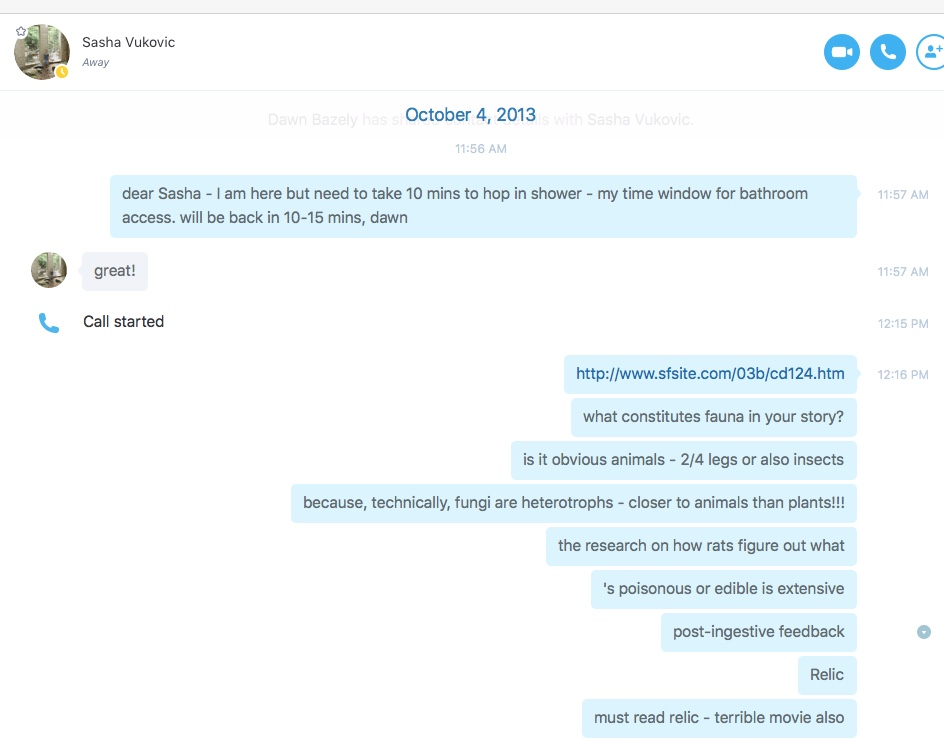
At the end of our Skype chat, we signed off with me wishing Sasha all the best with his script and film. Fast forward to 2017.
I'm completely blown away by Sasha's accomplishments as both the Director and Original Screenplay Writer of the feature film, Flora, and by the accomplishments of his young team of actors and fellow film-makers. I hope that the premiere, in London, UK, was a success, and I'm looking forward immensely, to seeing the film.
So, there you have it: a completely unexpected outcome of being a publicly available scientist, and taking the time to talk sci-fi, botany and fungal endophytes, with an aspiring, young film-maker.
My two takeaways?
- Always make some kind of notes 📝 because,
- you never know where sharing knowledge will lead, and they will help you to remember the time you spend on public science!

